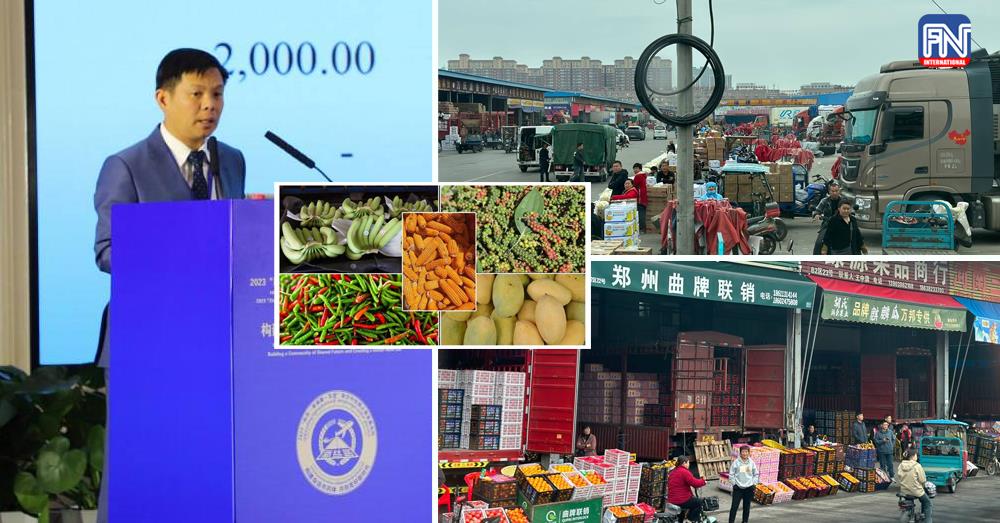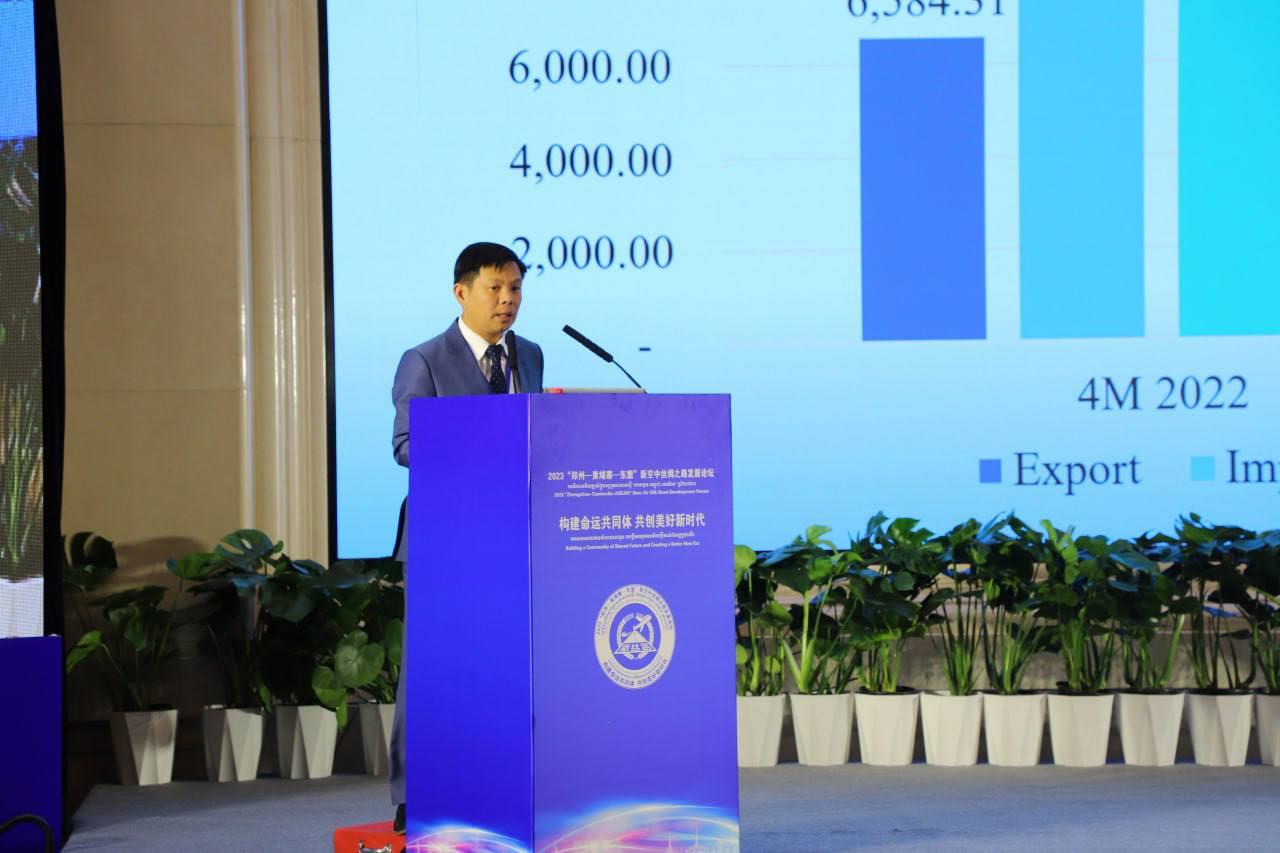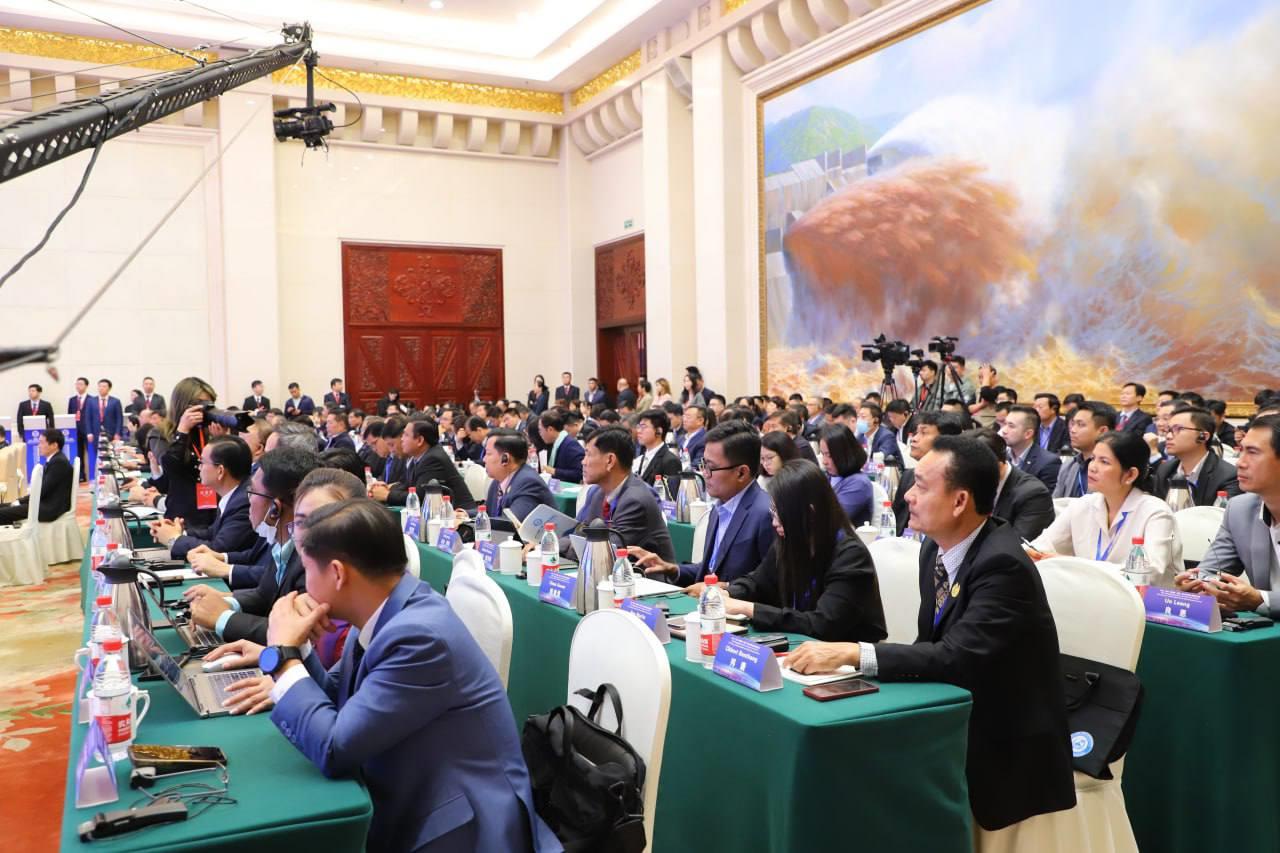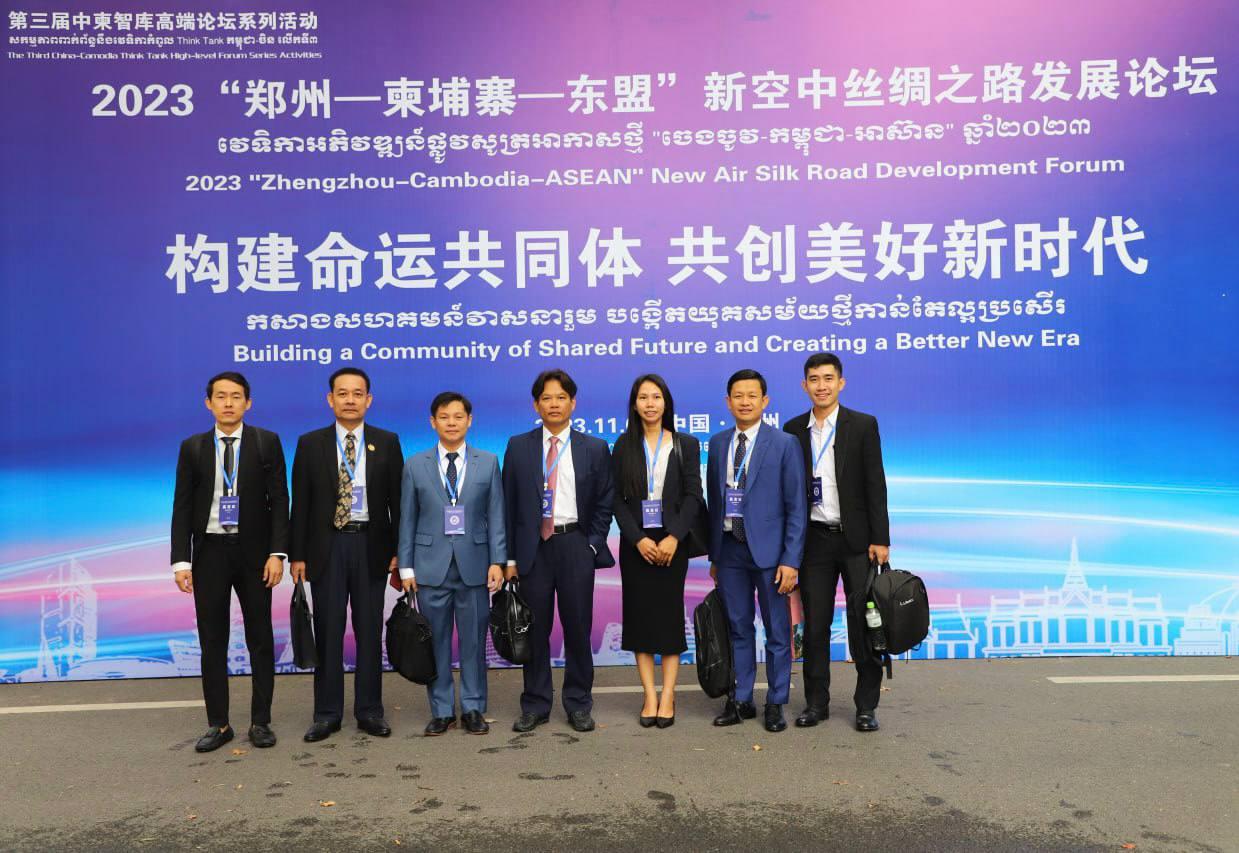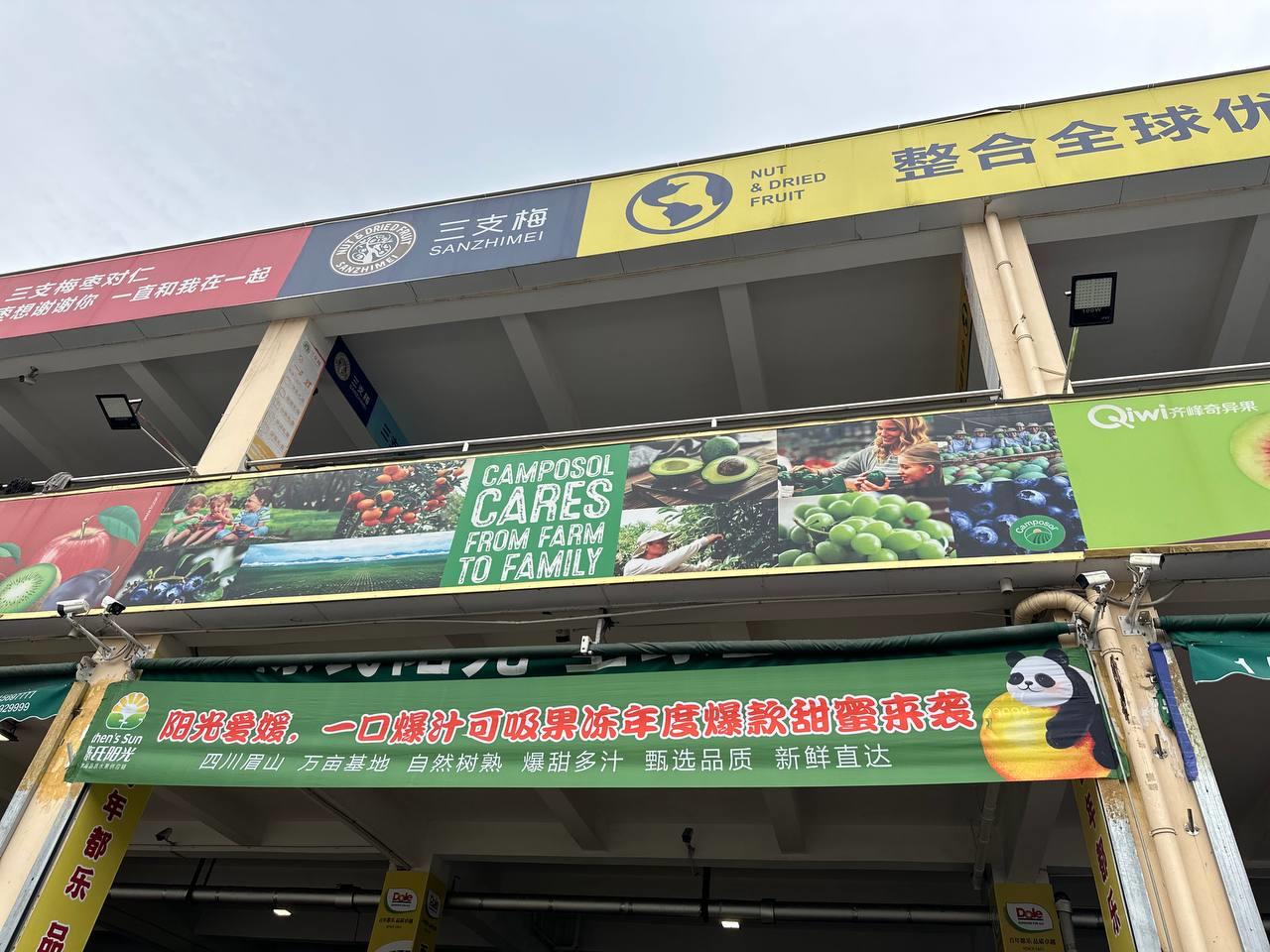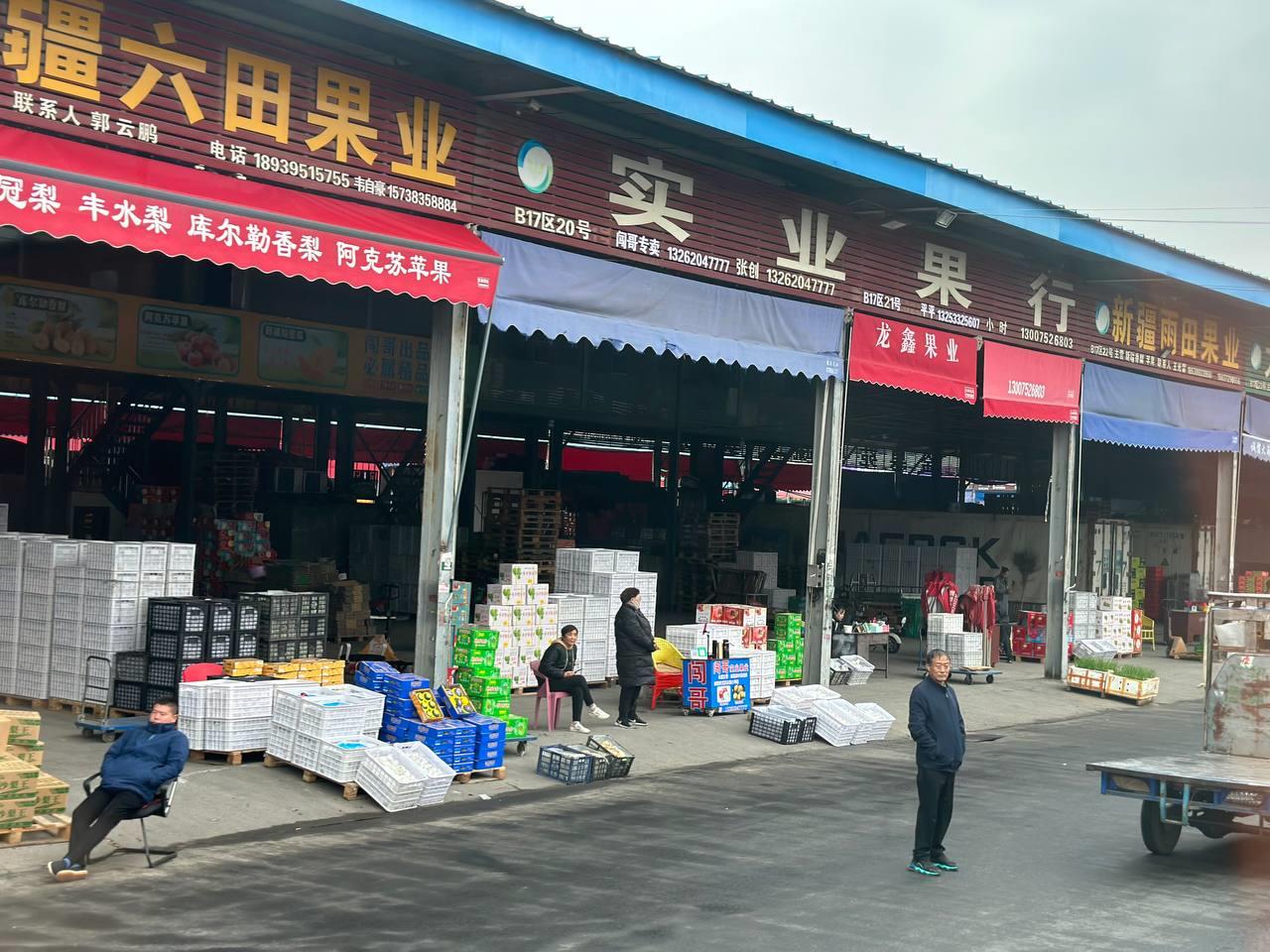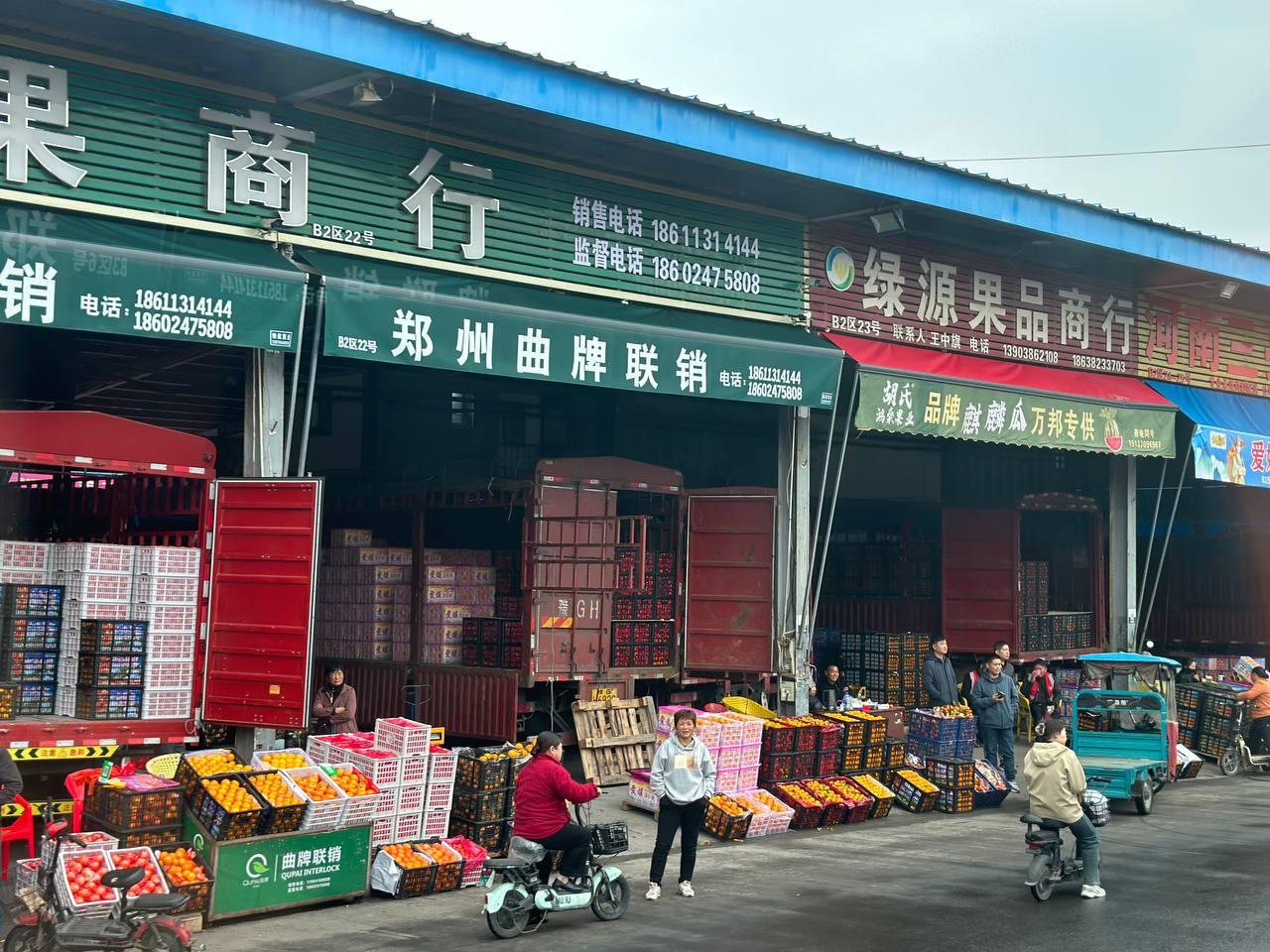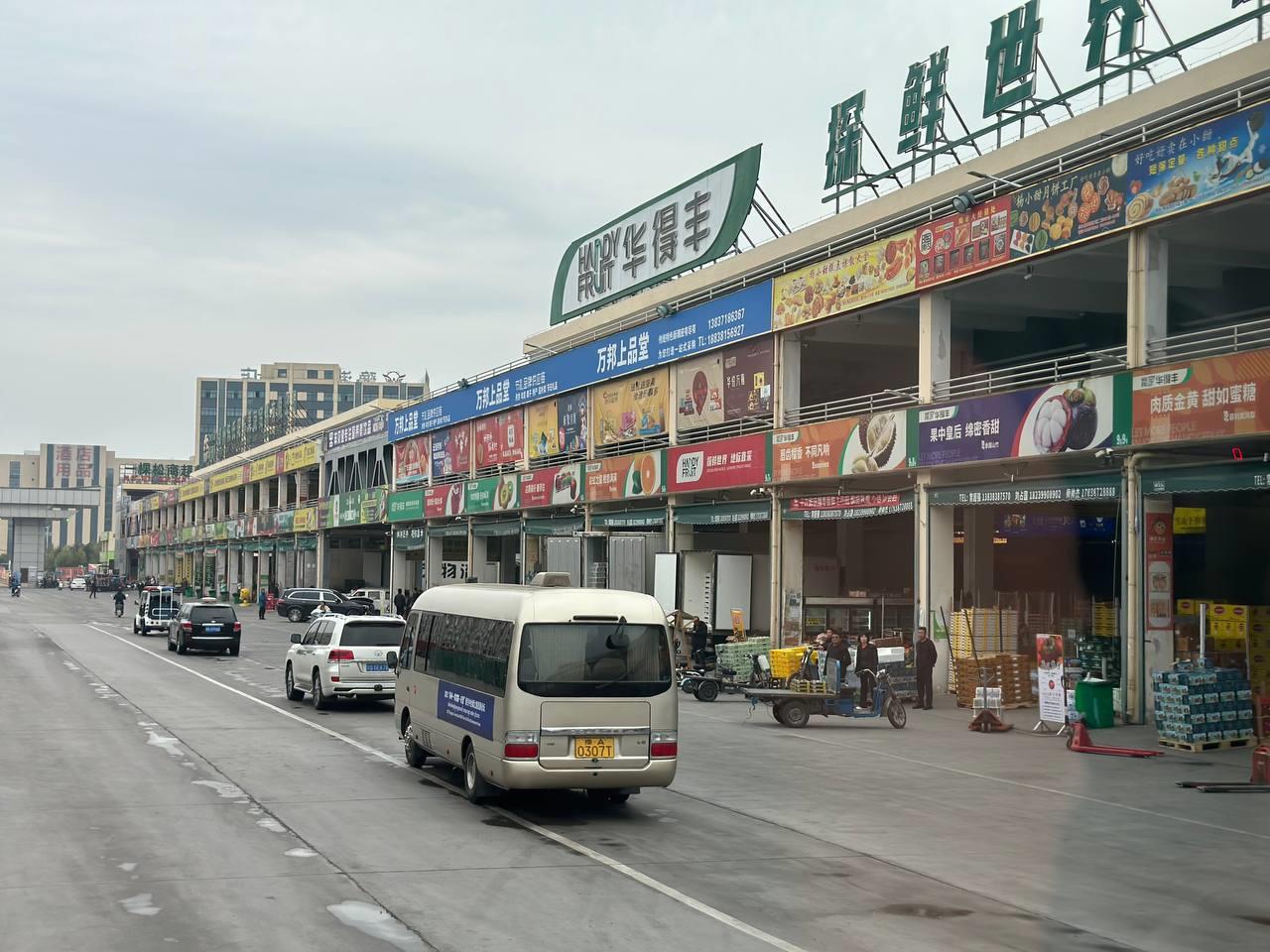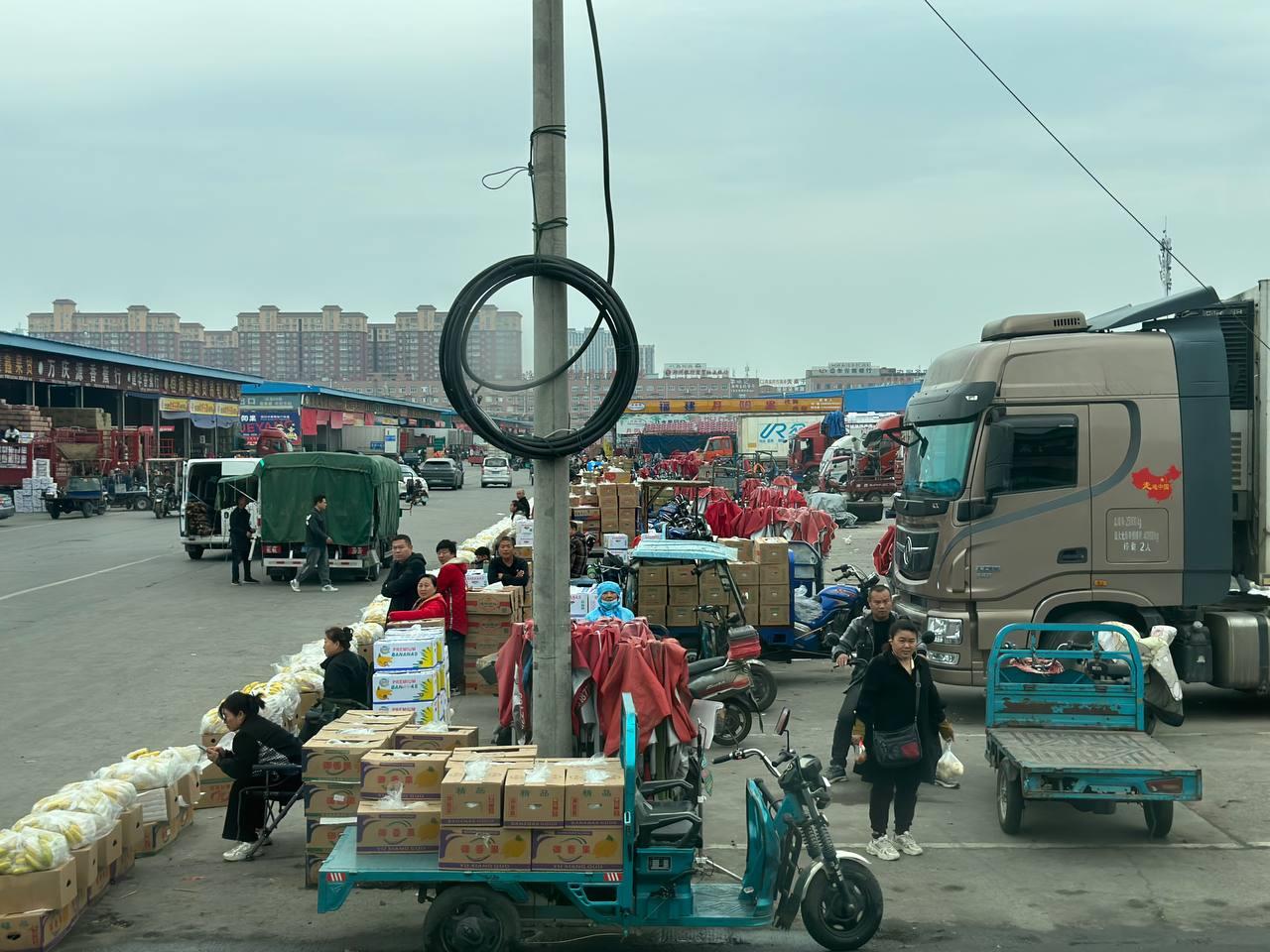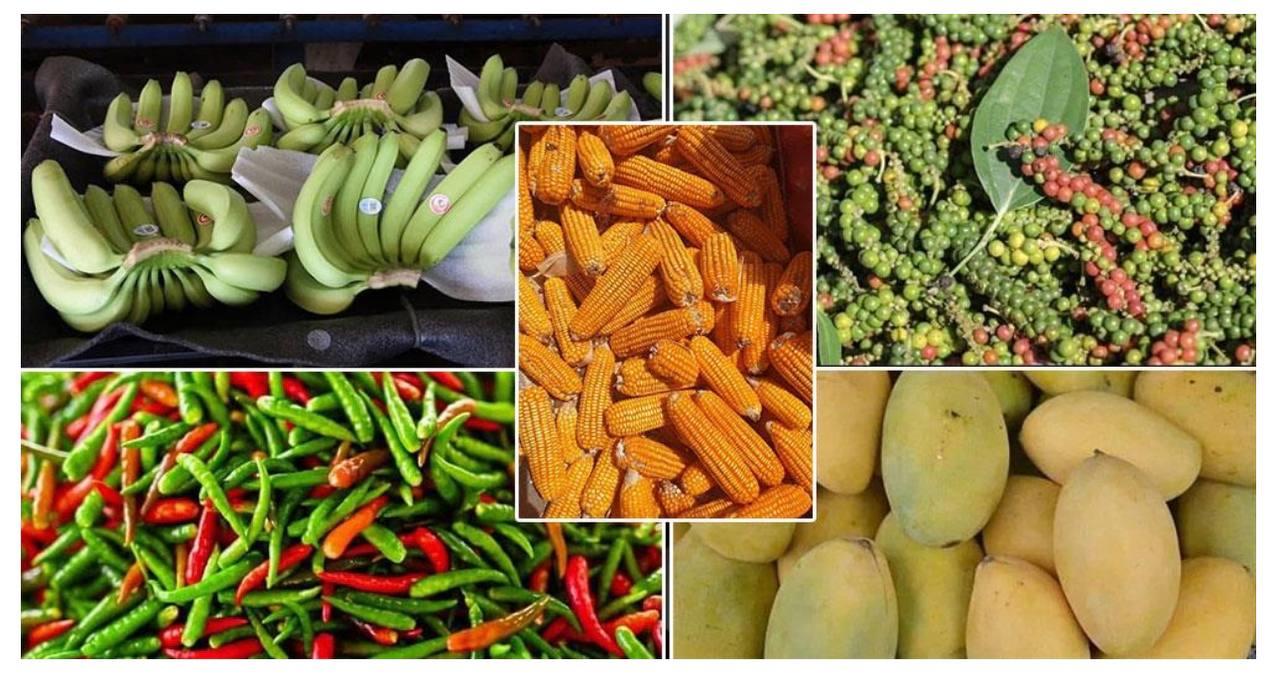Zhengzhou (FN), Nov. 5 – Dr. Ky Sereyvath, director of China Research Institute, shared six recommendations contributing to the strengthening and promotion of Cambodia’s agriculture sector and trade with China and ASEAN member countries.
His recommendations were made at the 2023 Zhengzhou-Cambodia-ASEAN New Air Silk Road Forum, held on Friday (Nov. 3) in Zhengzhou city, Henan province, the People’s Republic of China.
“As Cambodia is in the heart of ASEAN, I believe that Cambodia could become a trade hub for Henan province to enhance their international trade, through exchanging capital, goods and services with ASEAN. If Cambodia becomes a trade hub, I think Zhengzhou investment and trade cooperation could be expanded among ASEAN countries,” said Sereyvath.
“Cambodia-China bilateral trade volume has increased significantly, which has a direct influence on the economic cooperation between the two countries,” Ky Sereyvath underlined.
He continued, “we are also putting efforts into processing the highest-quality mango, a dried mango. I believe that there are many places in Henan province that also grow mango, but in terms of quality, I think Cambodian mango is juicier. Therefore, it is a golden opportunity for Chinese investors to import mangoes from Cambodia as it requires less investment capital and it receives a massive support from the Royal Government of Cambodia.”
“We also hope China will help facilitate tax preferential policy, in particular the Phyto sanitation barrier reduction, for the exports of Cambodian goods to China. Pesticide and packaging for example,” he added.
To further promote Zhengzhou-Cambodia-ASEAN trade relationship, Dr. Ky Sereyath highly encouraged China-ASEAN investment and trade in Cambodia’s agricultural products, investment in agro-processing and trade, products specification and supply for each ASEAN member states, custom facility reduction, Phyto sanitation barrier reduction and provision of guideline for chemical usages, and transfer of technological development in agriculture sector among stakeholders.
On the occasion, director Sereyvath also presented trade cooperation among Cambodia, China and ASEAN members in garment textiles, raw materials, fresh fruits, processed fruits, consumer goods, food as well as machinery, and attached great importance to the Cambodia-China Free Trade Agreement and the Regional Comprehensive Economic Partnership, which have significantly boosted the kingdom’s economic and trade cooperation with largest economies in Asia.
On the sidelines of the forum, the Cambodian delegation also paid a visit to Wanbang International Agricultural products Logistics Center. The venders at the center expressed their belief that under the facilitation and joint efforts of China-Cambodia Ministry of Commerce and department of taxation, China hopes to receive green-light on the certification of the fruit imports from Cambodia next year, so that the they are able to import fresh fruits directly from Cambodia.
According to data from the Ministry of Commerce, in the first nine months of 2023, Cambodia-China trade volume reached USD 9,099 million, of which Cambodia's exports to China amounted to USD 1,059 million, an increase of 18 per cent compared to the same period last year. Cambodia's imports from China amounted to USD 8,040 million, an increase of more than 1 percent compared to 2022.
Cambodia's exports to China include clothing, footwear, animal skins, fur, machinery, pistons, rice, rubber, bananas, cassava, cashew nuts, shoes, suitcases, etc. Imports from China include cotton, textile, cotton, metal, construction, equipment and electronics, plastics, aluminum, furniture and paper and cardboard.
Cambodia and China are currently implementing the Free Trade Agreement, which entered into force in January 2022, simultaneously with the Regional Comprehensive Economic Partnership Agreement (RCEP).
=FRESH NEWS
